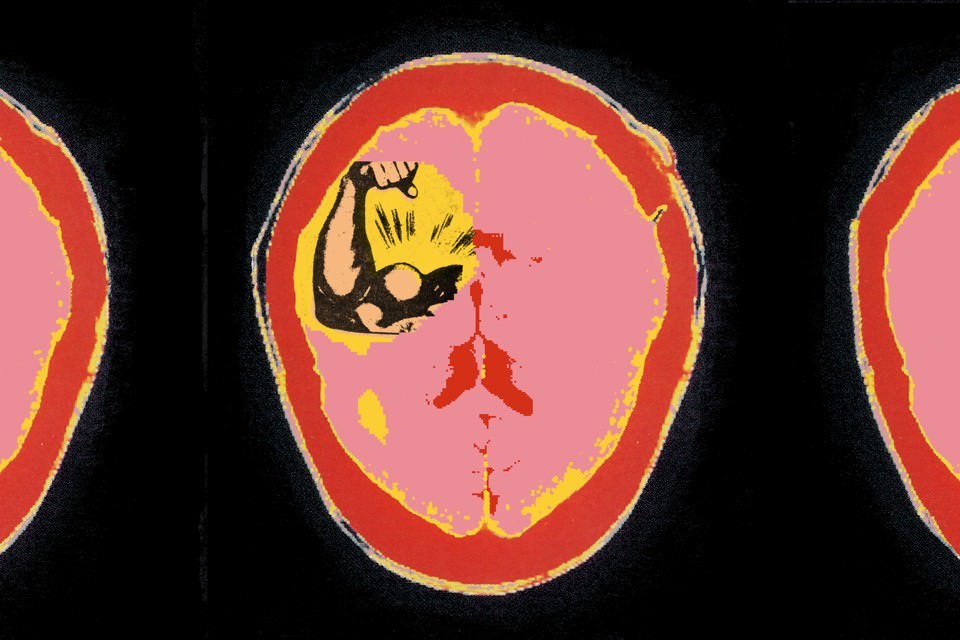Over time, leaders lose mental capacities—most notably for reading other people—that were essential to their rise.

IF POWER WERE a prescription drug, it would come with a long list of known side effects. It can intoxicate. It can corrupt. It can even make Henry Kissinger believe that he’s sexually magnetic. But can it cause brain damage?
When various lawmakers lit into John Stumpf at a congressional hearing last fall, each seemed to find a fresh way to flay the now-former CEO of Wells Fargo for failing to stop some 5,000 employees from setting up phony accounts for customers. But it was Stumpf’s performance that stood out. Here was a man who had risen to the top of the world’s most valuable bank, yet he seemed utterly unable to read a room. Although he apologized, he didn’t appear chastened or remorseful. Nor did he seem defiant or smug or even insincere. He looked disoriented, like a jet-lagged space traveler just arrived from Planet Stumpf, where deference to him is a natural law and 5,000 a commendably small number. Even the most direct barbs—“You have got to be kidding me” (Sean Duffy of Wisconsin); “I can’t believe some of what I’m hearing here” (Gregory Meeks of New York)—failed to shake him awake.
What was going through Stumpf’s head? New research suggests that the better question may be: What wasn’t going through it?
The historian Henry Adams was being metaphorical, not medical, when he described power as “a sort of tumor that ends by killing the victim’s sympathies.” But that’s not far from where Dacher Keltner, a psychology professor at UC Berkeley, ended up after years of lab and field experiments. Subjects under the influence of power, he found in studies spanning two decades, acted as if they had suffered a traumatic brain injury—becoming more impulsive, less risk-aware, and, crucially, less adept at seeing things from other people’s point of view.
Bu hikaye The Atlantic dergisinin July/August 2017 sayısından alınmıştır.
Start your 7-day Magzter GOLD free trial to access thousands of curated premium stories, and 9,000+ magazines and newspapers.
Already a subscriber ? Giriş Yap
Bu hikaye The Atlantic dergisinin July/August 2017 sayısından alınmıştır.
Start your 7-day Magzter GOLD free trial to access thousands of curated premium stories, and 9,000+ magazines and newspapers.
Already a subscriber? Giriş Yap

JOE ROGAN IS THE MAINSTREAM MEDIA NOW
What happens when the outsiders seize the microphone?

MARAUDING NATION
In Trumps second term, the U.S. could become a global bully.

BOLEY RIDES AGAIN
America’s oldest Black rodeo is back.

THE GENDER WAR IS HERE
What women learned in 2024

THE END OF DEMOCRATIC DELUSIONS
The Trump Reaction and what comes next

The Longevity Revolution
We need to radically rethink what it means to be old.

Bob Dylan's Carnival Act
His identity was a performance. His writing was sleight of hand. He bamboozled his own audience.

I'm a Pizza Sicko
My quest to make the perfect pie

What Happens When You Lose Your Country?
In 1893, a U.S.-backed coup destroyed Hawai'i's sovereign government. Some Hawaiians want their nation back.

The Fraudulent Science of Success
Business schools are in the grips of a scandal that threatens to undermine their most influential research-and the credibility of an entire field.